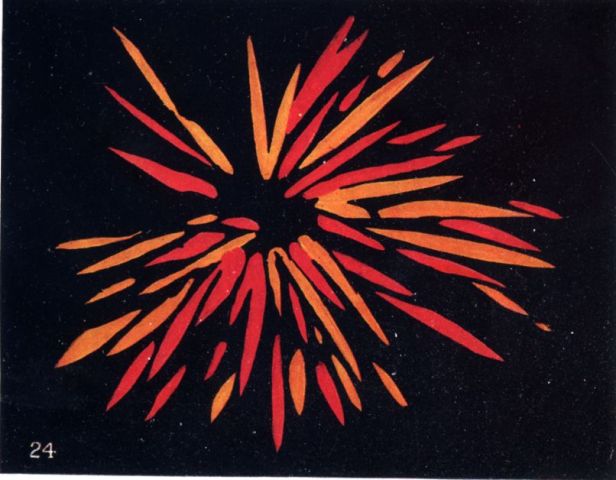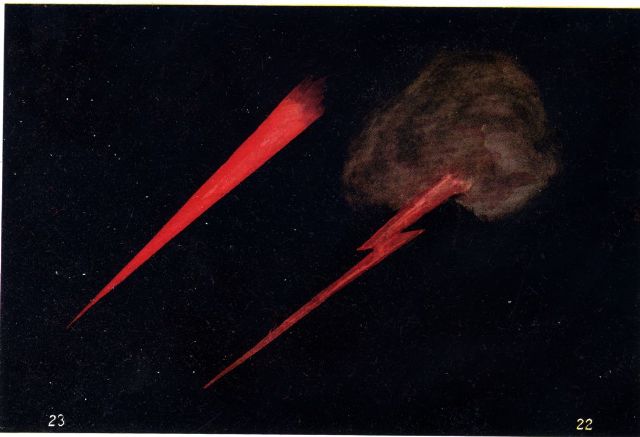Violence is a term that conjures up images of brutality, hatred, cruelty, pain, bloodshed and even death. We would like to think of ourselves as generally peaceful people so the idea that we could engage in violence seems remote.
"We often don't acknowledge our violence because we are ignorant about it. We assume we are not violent because our vision of violence is one of fighting killing, beating and wars, the types of things that the average individual don't do. - Arun Gandhi
There is a type of violence which is more insidious and the pain and suffering caused is more mental and emotional. It is the "passive" type of violence. Examples of passive violence include oppressive behaviour, harsh words, name-calling, insults, verbal abuse and hostility masquerading as jokes. There is also the non-verbal aggression of passive-aggressive behaviour. Instead of communicating honestly when one feels upset or disappointed, one instead bottles the feelings up, gives angry looks, becomes sulky or puts up a stone wall. A passive-aggressive person might not always show that he/she is resentful. He/she may appear in agreement, polite, kind and well-meaning. However, underneath there may be manipulation going on - hence the term "passive-aggressive".
Passive violence ultimately generates anger in the victim who, as an individual or as a member of a group, responds violently. It is passive violence which fuels the fire of physical violence. It is because we don't understand or appreciate this, that all our efforts to work for peace have either not fructified or that peace has been temporary" - Arun Gandhi.
Passive violence ultimately generates anger in the victim who, as an individual or as a member of a group, responds violently. It is passive violence which fuels the fire of physical violence. It is because we don't understand or appreciate this, that all our efforts to work for peace have either not fructified or that peace has been temporary" - Arun Gandhi.
Today, I invite you to reflect on the the numerous acts of violence which we have inflicted on one another. We could start by noting down whenever we commit acts of passive violence. How as human beings, we often use our words and body language to hurt and inflict pain, intentionally or not. We cut off, put down, ostracise and humiliate another person for as small a reason as that WE do not like their face or attitude. Or that WE had a bad day. At times, it is just carelessness on our part.
Tragically, the victims are often our children and our family, our nearest and dearest. The very people whom we profess to love. Have you ever wondered why "seemingly good" people desert their parents in their old age? It could possibly be that as outsiders, we do not understand the passive violence which had been inflicted on them when they were children. This is not to condone anybody's behaviour, however.
 |
| thought form - explosive anger |
 |
| thought forms - sustained anger (left) murderous rage (right) |
Because thoughts produce energy and vibration, negative and violent thoughts are harmful. Sometimes, the victim can actually feel that he has been stabbed or punched with mere words. Yet, because the damage is not physical, people often get away with it. They hide behind the masks of a parent, spouse, friend, teacher, boss or colleague to justify themselves and avoid "prosecution". However, the resultant pain and hatred takes even longer to heal than physical pain. The question is, do we want to continue communicating this way?
Hi CF,
ReplyDeleteThis is the dark side of human nature.
Some can realize and try to reduce.
Others cannot realize, so nothing to reduce.
While others realize but not wanting to reduce.
very true & i'm guilty of passive violence w/c i'm often blind to admit of my own dark side.
ReplyDeletethank you for the realization and the reminder.
Mike
Dear Mike,
DeleteThank you for your honesty. If we were to ponder, we have all been guilty. Awareness is the first step.
CF
Hi CF,
ReplyDeleteI had my fair share of using passive violence too, luckily I realized it sometime ago. Re Our Perfect Selves, does doing things well/properly not just getting things 'done' amount to being a perfectionist?
Evelyn
Dear Evelyn,
ReplyDeleteI can only share my 2 sen worth. It is not clear-cut. Sometimes the nature of our work demands that we do things precisely eg a person who detonates a bomb. Also, it is usually responsible people who need to things well/properly. However, you have to to ask yourself whether those situations are critical or non-critical. And can you let it go if it is non-critical? What drives you to do things well? Is it giving you stress? And how does it affect people around you?
Hope this helps.
CF
Brilliant explanation... for a question like that ...
ReplyDelete:)